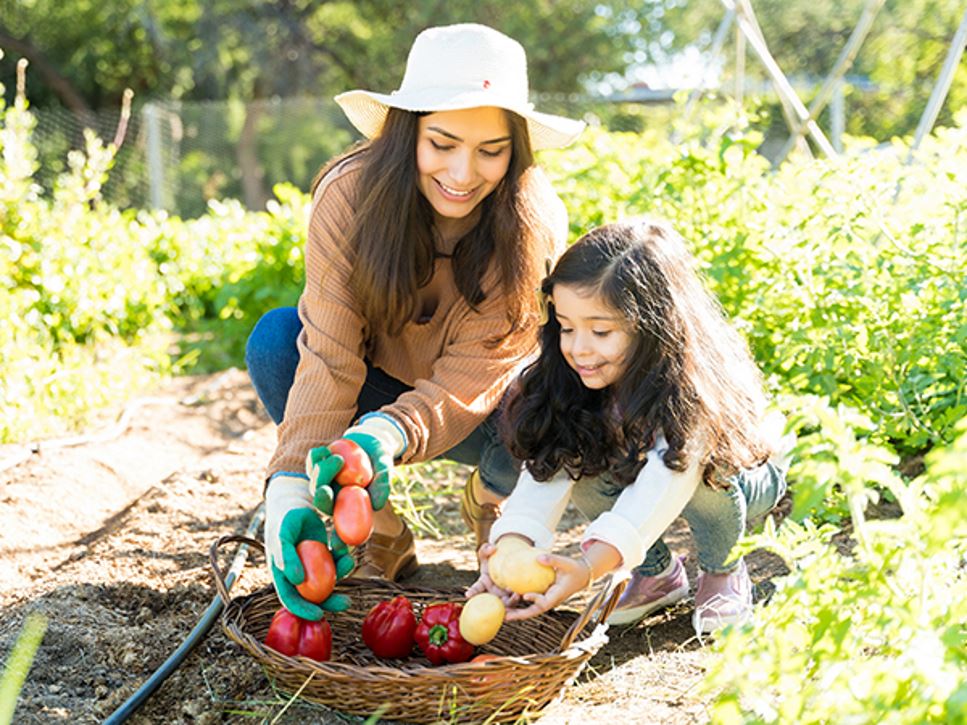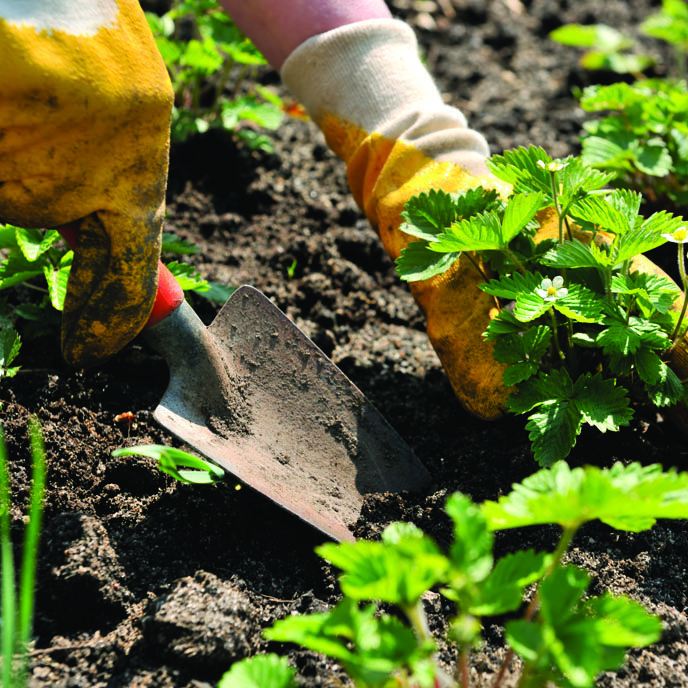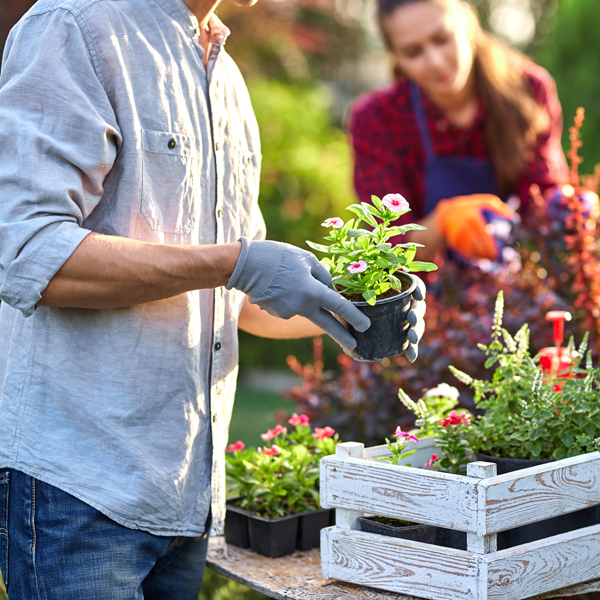Sustainable Gardening Practices for an Eco-Friendly Garden
Sustainable Gardening Practices for an Eco-Friendly Garden
Blog Article
Unlocking the Perks of Gardening: A Detailed Check Out the Different Types and Their Influence On Well-Being
Checking out the multifaceted benefits of horticulture discloses a spectrum of techniques that considerably boost individual wellness. As we examine these varied horticulture techniques, it becomes apparent that their influence can resonate on personal, social, and environmental levels, triggering a better look at just how these links create a natural narrative of holistic health and wellness.
Kinds Of Horticulture

Blossom gardening, another popular category, emphasizes the visual allure of grown flowers. This type can improve landscapes and advertise biodiversity by bring in beneficial pollinators. Herb horticulture involves growing aromatic and culinary plants, contributing both to cooking and all-natural remedies.
Container gardening deals flexibility, allowing people with limited area to engage in horticulture by utilizing pots and planters. This technique is particularly prominent in metropolitan setups. Increased bed gardening, on the various other hand, involves producing raised plots that enhance dirt drain and access, making it simpler for gardeners to handle their plants.
Last but not least, area gardening promotes collaboration among people in shared spaces, promoting social communication and cumulative responsibility. Each type of horticulture offers distinctive objectives and provides to different preferences, making horticulture a functional task that can be customized to individual demands and settings.
Mental Wellness Advantages
Participating in different kinds of gardening not just yields concrete rewards such as fresh fruit and vegetables and stunning blossoms however additionally offers substantial mental wellness benefits. Research shows that horticulture can be an effective device for lowering stress, anxiety, and depression. The act of having a tendency to plants and growing a yard promotes a sense of objective and achievement, which can boost overall emotional wellness.
Additionally, horticulture motivates mindfulness, as it needs individuals to concentrate on the present moment, whether it be growing seeds or supporting growth. This mindfulness practice can bring about decreased rumination and enhanced state of mind stability. The direct exposure to natural environments throughout horticulture has actually likewise been linked to improved cognitive operating and reduced feelings of fatigue.
Social communication plays an important role in psychological wellness, and area horticulture efforts supply chances for people to get in touch with others, fostering a sense of belonging. The shared experience of gardening can cultivate relationships and support networks, additionally strengthening psychological strength.
Physical Wellness Advantages
Many individuals may not recognize that gardening additionally offers substantial physical health advantages. Participating in gardening tasks calls for a series of physical movements, including bending, lifting, digging, and planting, which collectively add to better strength, flexibility, and endurance. These activities can improve cardiovascular wellness by advertising an elevated heart price, therefore reducing the risk of important site heart problem.
Moreover, horticulture can function as a moderate-intensity workout, aiding individuals achieve suggested physical activity levels. Researches show that regular involvement in gardening can shed substantial calories-- roughly 200-400 calories per go to this web-site hour, depending upon the strength of the jobs executed. Such calorie expense is useful for weight administration and overall metabolic health and wellness.
Additionally, direct exposure to sunlight throughout horticulture can facilitate the synthesis of vitamin D, which plays a necessary duty in keeping bone health and supporting immune feature. The act of gardening typically includes functioning with soil, which has actually been connected to potential mental and physical wellness benefits due to the visibility of advantageous microorganisms.
Social Connections With Gardening
The communal elements of gardening foster purposeful social connections amongst people. Neighborhood gardens, specifically, act as lively hubs where individuals from diverse backgrounds come together, growing not only plants however likewise partnerships. These shared areas urge cooperation, enabling individuals to exchange knowledge, skills, and sources, thus improving their horticulture experience and fostering a sense of belonging.
Involvement in horticulture tasks usually brings about the formation of relationships and assistance networks. Participants often unite for common goals, such as growing seasons, harvest events, or educational workshops, which strengthen social ties and produce a feeling of neighborhood. Such interactions can reduce feelings of isolation and enhance psychological health, as people locate companionship and camaraderie in common undertakings.

Ecological Effect of Horticulture
Horticulture significantly adds to ecological sustainability in multiple ways. Home yards give important environments for various varieties, consisting of pollinators such as bees and butterflies, which are vital for community health and wellness.

Moreover, yards play a crucial role in water conservation. click for more Well-planned landscapes, consisting of indigenous plants and xeriscaping, lower water use and stop drainage, thereby protecting regional rivers from contamination.
Verdict

In conclusion, horticulture acts as a diverse task that improves well-being throughout various domains. The diverse sorts of gardening-- including veggie, blossom, natural herb, container, and raised bed-- add to mental and physical wellness, foster social connections, and promote environmental sustainability. By participating in gardening methods, individuals can experience improved lifestyle while additionally supporting community bonds and environmental health and wellness. Ultimately, the all natural advantages of gardening highlight its value as an essential element in enhancing general health.
Report this page